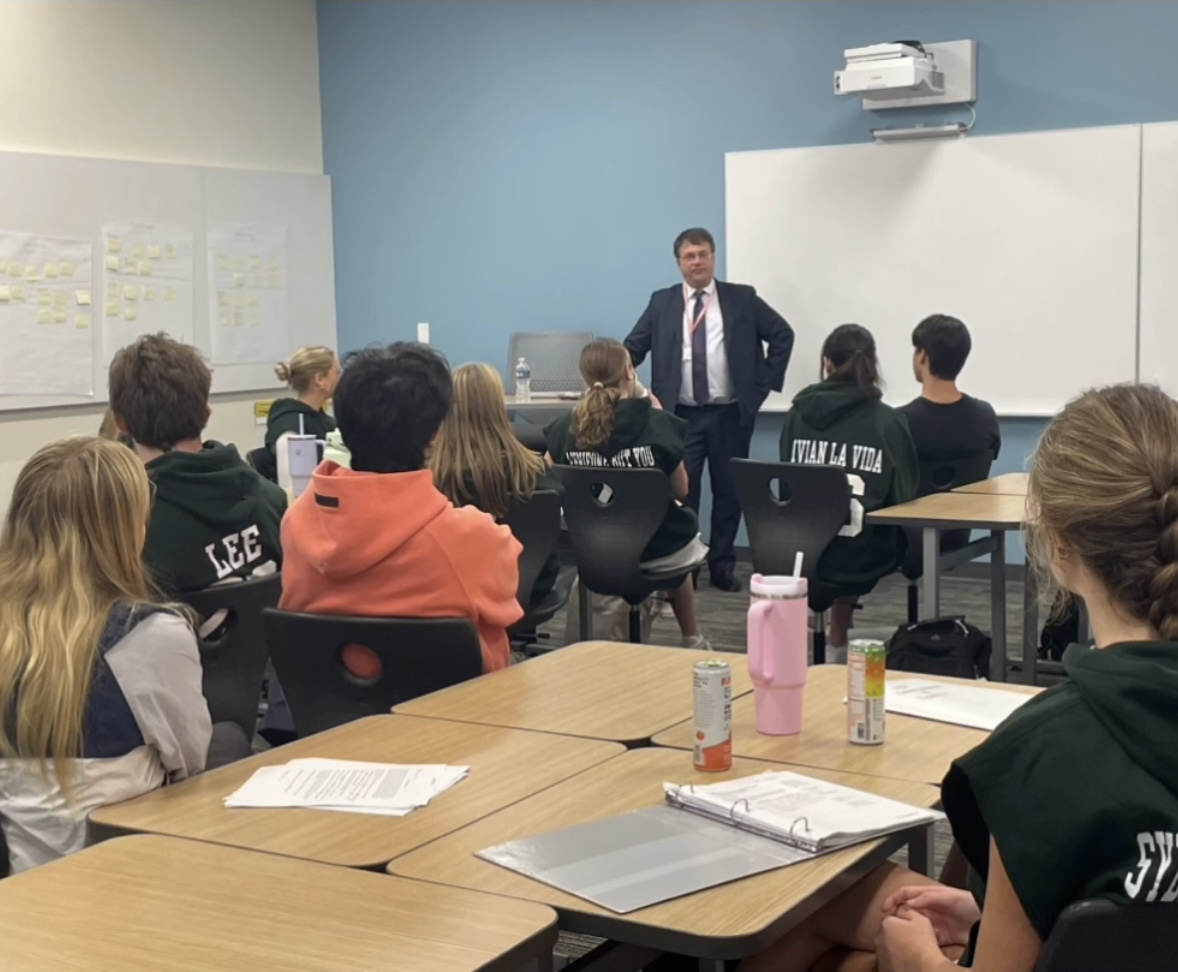The hunting ground: where the real predator is silence
On Thursday, Feb. 8, during an extended advisery period, while sophomores and juniors worked on course registration for the next school year, all seniors viewed “The Hunting Ground,” a documentary about the culture surrounding sexual assault on American college campuses. While this was not the first time that New Trier offered a showing of “The Hunting Ground” to students (during the 2016-17 school year, seniors were invited to view the documentary while underclassmen were taking standardized tests), this was the first time that the school mandated attendance.
Many students praised the efforts of the senior adviser chairs to play a more active role in the conversation about sexual assault. This year in particular, the topic has come to national attention as a result of the flood of allegations of sexual assault against famous actors, corporate executives, and powerful politicians, and the ensuing #MeToo movement. “The Hunting Ground” made clear to students, approximately 98 percent of whom are attending college next year, that the topic hits closer to home than some of us may realize.
However, this is where many students say the conversation came to a screeching halt. For 55 minutes, seniors sat and watched a disturbing documentary about sexual assault and the way that institutions all over the country rarely hold perpetrators accountable. We watched—many of us in horror—as the names of our dream schools were shown to be the most lenient on sexual offenders. We listened to the story of a Notre Dame football player who raped Lizzy Seeberg, who was then a freshman at St. Mary’s. We learned that Notre Dame allowed him to continue training and playing amidst the allegations, and that Seeberg commited suicide. We realized that despite the work of the filmmakers who directed and produced “The Hunting Ground,” and despite the advocacy of young women like the ones shown in the documentary, very little has changed.
Then, the bell rang, and we packed up our backpacks and walked out of the auditorium, and for many seniors, that was all that was said for the day.
There were mixed reviews from students who attended the panel held during first period following the viewing of the documentary. Most students who had conversations in advisery in the following days, as encouraged by the senior adviser chairs, recounted that they were uncomfortable and ineffective. Some argued that advisery was not the appropriate environment in which to have these conversations, while many others wished that their advisers had simply been better prepared to discuss such heavy topics.
There seemed to be a consensus among seniors that the documentary raised awareness and sent a powerful message about the culture surrounding sexual assault on college campuses. But the weak follow-up ended the conversation before it even began.
Female seniors felt as though all they had learned was that guys get away with assaulting girls. Not that this was news to most of them—as they have spent the year preparing for college, they have become all too familiar with the statistics. Male seniors felt as though they were excluded from any larger movement for substantial change in culture.
Overall, students left the auditorium desiring more—more discussion, more prevention, more action.
We do more by first and foremost, talking more. As of now, Kinetic Wellness for sophomores is the only place where all students are required to talk about topics related to sexual assault and domestic violence. There is arguably a need for a more developed curriculum for upperclassmen that lasts longer than one specially scheduled day. Maybe we work to create a standard sexual assault curriculum for adviseries.
Many also expressed a desire for students of all years to be involved in the conversation. The showing of “The Hunting Ground” to only seniors worked within a schedule that was created for all students but seniors to plan their schedules for the next school year. But sexual assault and party culture are not exclusive to those who are 18 and older. In fact, we argue that we deserve to be equipped with the knowledge and resources to protect ourselves and support our peers beginning freshman year. Especially as high school, we must acknowledge, is plagued by the same culture that colleges are.






































